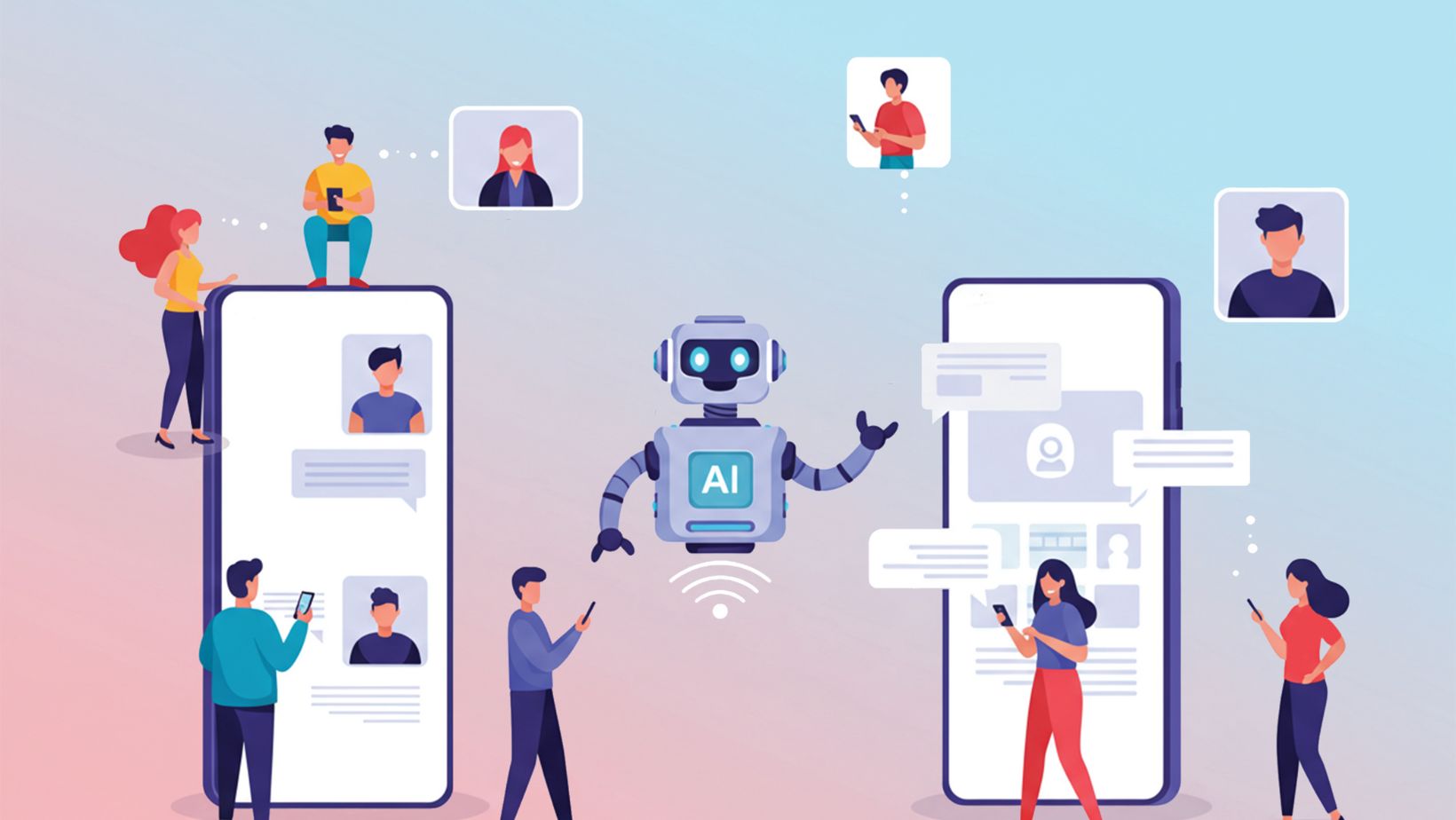The renewable energy sector stands at a fascinating crossroads. While the technology behind solar panels, wind turbines, and energy storage systems continues to advance at breakneck speed, the challenge of effectively communicating these innovations to consumers, businesses, and policymakers remains complex. This is where artificial intelligence is stepping in as an unexpected ally, transforming how renewable energy companies approach marketing and customer engagement.
Table of Contents
ToggleThe Marketing Challenge in Renewable Energy
Marketing renewable energy isn’t like selling traditional products. Consumers often struggle to understand abstract concepts like kilowatt-hours, carbon footprints, and return on investment calculations. The benefits of renewable energy systems are frequently long-term and environmental rather than immediately tangible. Add to this the technical complexity of different renewable technologies, and you have a communication challenge that traditional marketing approaches often fail to address effectively.
The renewable energy market is also incredibly diverse. A residential solar installation company needs to speak differently to homeowners than a wind farm developer communicates with utility companies. Meanwhile, emerging technologies like green hydrogen and advanced battery storage systems require entirely new educational approaches. This complexity has created an opportunity for AI to make a meaningful impact.
AI-Powered Content Creation and Personalization
One of the most significant ways AI is helping renewable energy companies is through sophisticated content creation and personalization. Modern AI systems can analyze vast amounts of data about potential customers – their energy usage patterns, geographic location, home characteristics, and stated preferences – to create highly targeted content that speaks directly to individual needs.
For instance, AI can automatically generate personalized energy savings calculations for homeowners considering solar panels, taking into account their specific roof orientation, local weather patterns, utility rates, and energy consumption history. This level of personalization was previously impossible to achieve at scale, requiring either generic messaging or expensive custom analysis for each prospect.
AI writing tools are also helping renewable energy companies maintain consistent, informative content across multiple channels. These systems can produce technical blog posts, social media content, and email campaigns that maintain accuracy while adapting tone and complexity for different audiences. The result is more effective communication that builds trust and understanding around renewable energy solutions.
Visual Storytelling with AI Image Generators
Perhaps one of the most exciting developments in renewable energy marketing is the ability to use an AI marketing image generator to create compelling visual content. Traditional stock photography often fails to capture the specific scenarios renewable energy companies want to illustrate. Custom photography, while ideal, can be expensive and time-consuming, especially when trying to show hypothetical installations or future scenarios.
AI image generators like DALL-E, Midjourney, and Stable Diffusion are changing this landscape dramatically. Renewable energy marketers can now create custom visuals showing solar panels integrated into specific architectural styles, wind farms in particular landscapes, or even conceptual images of smart grid technologies. These tools allow for rapid iteration and customization, enabling companies to create visuals that precisely match their messaging and target audience.
The ability to generate images of renewable energy installations in various settings has proven particularly valuable for residential solar companies. Instead of showing generic rooftop installations, they can create images that closely match a prospect’s actual home style and neighborhood, making the technology feel more accessible and relevant.
Predictive Analytics and Customer Journey Optimization
AI’s analytical capabilities are revolutionizing how renewable energy companies understand and optimize their marketing funnels. Machine learning algorithms can identify patterns in customer behavior that human analysts might miss, revealing insights about which prospects are most likely to convert and when they’re ready to make purchasing decisions.
These systems can analyze website behavior, email engagement, social media interactions, and other touchpoints to score leads and predict optimal timing for sales outreach. For renewable energy companies, where sales cycles can be lengthy and complex, this predictive capability is invaluable for resource allocation and conversion optimization.
AI can also identify which marketing messages resonate most effectively with different customer segments. By analyzing response rates across various campaigns and customer characteristics, these systems can continuously refine messaging strategies to improve engagement and conversion rates.
Chatbots and Automated Customer Education
The complexity of renewable energy systems makes customer education crucial, but providing personalized guidance to every prospect can be resource-intensive. AI-powered chatbots are addressing this challenge by offering instant, knowledgeable responses to common questions about renewable energy installations, financing options, and performance expectations.
Advanced chatbots can guide prospects through initial feasibility assessments, help them understand available incentives and financing options, and even schedule consultations with human sales representatives. This automation allows renewable energy companies to provide better customer service while freeing up human resources for more complex interactions.
Social Media and Community Building
AI tools are helping renewable energy companies build and engage communities around sustainable energy topics. These systems can identify trending conversations, suggest optimal posting times, and even help moderate online discussions to maintain positive, informative dialogue about renewable energy topics.
Social listening AI can monitor mentions of renewable energy across various platforms, helping companies respond to concerns, share success stories, and participate in relevant conversations. This capability is particularly valuable for addressing misconceptions about renewable energy and building public support for clean energy initiatives.
Data-Driven Market Research and Competitive Analysis
AI is also transforming how renewable energy companies conduct market research and competitive analysis. Machine learning systems can analyze vast amounts of data from government reports, industry publications, competitor websites, and customer feedback to identify market trends, pricing strategies, and unmet customer needs.

This intelligence helps renewable energy companies make more informed decisions about product development, pricing, and marketing positioning. AI can identify emerging market segments, predict technology adoption curves, and reveal opportunities for differentiation in increasingly competitive markets.
The Future of AI in Renewable Energy Marketing
As AI technology continues to evolve, its applications in renewable energy marketing will likely become even more sophisticated. We can expect to see AI systems that can create interactive virtual reality experiences showing renewable energy installations, develop dynamic pricing models based on real-time market conditions, and even predict and respond to policy changes that affect renewable energy adoption.
The integration of AI with Internet of Things (IoT) devices will also create new opportunities for renewable energy companies to demonstrate real-world performance data and create more compelling marketing messages based on actual system performance rather than theoretical projections.
Conclusion
AI is proving to be a powerful ally in the effort to accelerate renewable energy adoption through more effective marketing. By enabling personalized communication, creating compelling visual content, optimizing customer journeys, and providing intelligent automation, AI tools are helping renewable energy companies overcome traditional marketing challenges and connect more effectively with their target audiences.
As the renewable energy sector continues to grow and evolve, companies that effectively leverage AI in their marketing efforts will likely have significant advantages in customer acquisition, engagement, and retention. The technology that’s helping us transition to clean energy is also transforming how we talk about and market that transition – a fitting synergy for building a more sustainable future.






